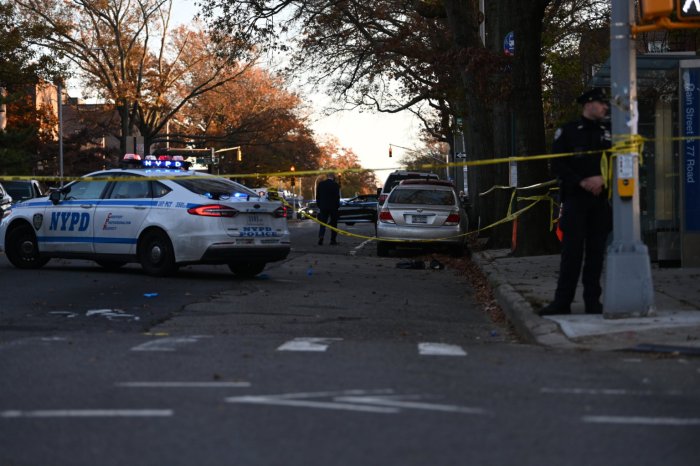By William Lewis
This, in turn, could hurt the Democratic ticket at the national and local levels. There are enough examples of disruptive Democratic Party national conventions during the 20th century for that possibility in 2008 to be taken very seriously.For instance, in New York City in 1924, the Democratic Party convention went on for weeks. It involved a contest for the presidential nomination between Gov. Al Smith of New York and former Treasury Secretary William McAdoo of California. Neither candidate could get the necessary number of delegates to secure the nomination. Finally after 103 ballots, the convention chose a compromise candidate, New York lawyer John Davis. The Republican candidate Calvin Coolidge won the presidency that year in a landslide.In 1968 the Vietnam War had badly split the Democratic Party leading up to the convention in Chicago. The contest then was between Vice President Hubert Humphrey and anti-war candidate Sen. Eugene McCarthy, both of Minnesota. There was a bitter floor fight over the Vietnam plank in the party platform. The McCarthy anti-war delegates lost the floor fight but they made their presence felt at the convention. In addition, there were disputes over procedures and credentials followed by floor demonstrations and walk-outs. There were massive demonstrations outside the convention hall with violent confrontations between the demonstrators and the police. Hubert Humphrey would win the presidential nomination but lose in the general election to Republican Richard Nixon.In 1972 the Democratic convention nominated anti-war candidate Sen. George McGovern of South Dakota. In addition, the platform they adopted at that convention seemed extreme to a vast cross-section of middle America. In the general election McGovern lost 49 out of 50 states to Nixon.Here in New York events at the Democratic State Convention in 1958 led to the triumph of the New York City party reformers over the party regulars several years later.Returning to the Clinton-Obama struggle, at this time there seem to be at least two main divisive issues that may surface at the August convention. What will happen to the Michigan and Florida delegations who have been deprived of their delegates and will not have a voice at the convention due to their declaring early primaries in their states in violation of the rules established by the Democratic National Committee under the leadership of Howard Dean? Hillary Clinton wants the delegates from Michigan and Florida seated and their votes counted since she expects to have those delegations added to her delegate count. Barack Obama would oppose that. In late summer the Convention Credentials Committee will take up this matter.The so-called super delegates, who are not elected delegates and are under no obligation to support any particular candidate, could have the final word on who the nominee is. Lobbying of these super delegates by representative of Clinton and Obama is becoming intense. Some of these delegates will be inclined to support the candidate that their state primary or caucus chose. Other super delegates will not feel bound by the primary results of their own state when they cast their vote for a presidential candidate at the convention.A comparison could be drawn between the convention super delegates and the Electoral College, which elects our presidents after the American people have voted in the fall general election. The members of the Electoral College chosen by each state usually cast their ballots for a candidate according to how a majority of the people in their respective states voted, but not always. In the disputed election of 2000, Democratic contender Al Gore received some 500,000 votes more than the GOP's George Bush, but Bush carried the Electoral College with five more votes than Gore, thereby officially being elected president. One of the two presidential Democratic candidates at the time of the convention may be leading in delegate count based on the results of the primaries, but the super delegates could change the preference of the convention and be instrumental in choosing the official Democratic nominee this year. If a frontrunner is not established, there could be an intense confrontation at the Democratic convention which could result in a fractured Democratic presidential campaign.Of the New York state 43 super delegates, 42 are committed to Clinton at this time, including U.S. Rep. Gary Ackerman of Queens.





























